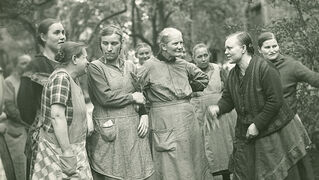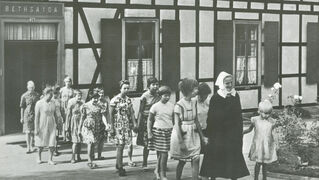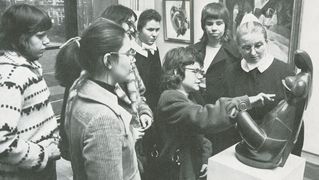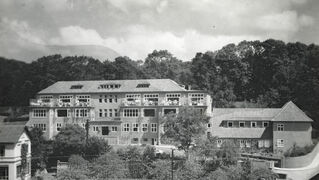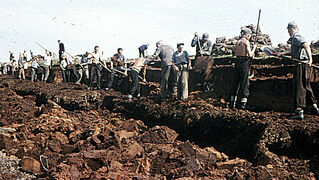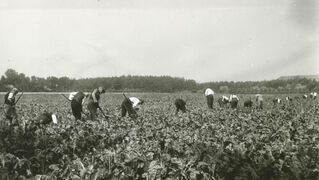Welfare education in the Federal Republic of Germany in the 1950s and 1960s
Under the title "Final Destination Freistatt", a historical investigation into the welfare upbringing in a diaconal institution was published for the first time in 2009. The anthology, edited by Matthias Benad, Hans-Walter Schmuhl and Kerstin Stockhecke, is the result of two years of research into the history of the Freistatt children's home. In addition to the academic analysis of the sources, the book also includes the statements of former victims.
The feature film "Freistatt" (2015) shows the fate of a 14-year-old in the 1960s care programme and is based on real conditions at the time. The historic "Moorhort" building, one of the locations for the film, houses a permanent exhibition on the history of welfare education in Freistatt.
Literature:
Benad, Matthias/ Schmuhl, Hans-Walter/ Stockhecke, Kerstin (eds.), Endstation Freistatt - Fürsorgeerziehung in den v. Bodelschwinghschen Anstalten Bethel bis in die 1970er Jahre (= Schriften des Instituts für Diakonie- und Sozialgeschichte an der Kirchlichen Hochschule Wuppertal/Bethel; 16), Bielefeld 2009/2011.

